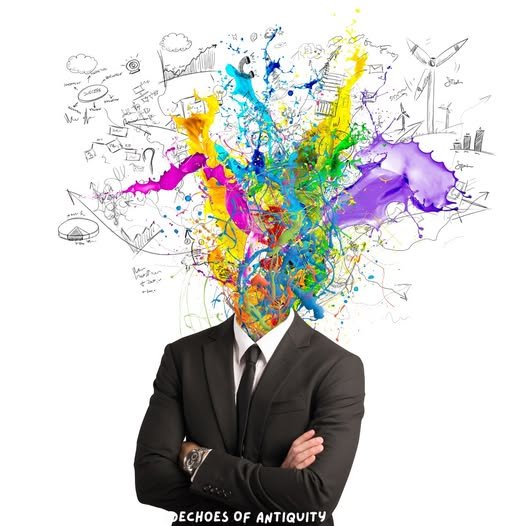Do others cause us more pain, or do we ourselves create our own suffering many times within our own minds?
The question of whether others cause us more pain, or if we primarily generate our own suffering within our minds, touches on deep philosophical and psychological layers. It's a multifaceted issue, which invites us to consider both external influences and our internal responses.
Firstly, it's undeniable that others can inflict pain through actions like betrayal, aggression, or negligence. Such experiences can lead to genuine emotional distress and trauma, which are very real and can have lasting impacts on one's psychological state. However, the external events are only part of the equation.
On the other hand, a significant portion of our suffering often stems from our own perceptions, thoughts, and reactions. Our mind is a powerful creator and interpreter of reality. It can amplify, distort, or even misinterpret the actions of others, leading to increased emotional turmoil. For example, we might ruminate on a slight that was not intended as an insult, or we might harbor resentment long after a conflict has passed, continuously reviving the pain.
Cognitive theories in psychology suggest that it's not the events themselves that disturb us, but the beliefs and thoughts we hold about these events. This idea is central to cognitive-behavioral therapy, which works to change negative thought patterns to alleviate emotional distress. Furthermore, Buddhist philosophy also weighs heavily on this discourse, promoting the idea that attachment and desire are primary sources of suffering. By clinging to certain expectations or resisting the reality of change and loss, we generate much of our own pain.
In essence, while we can't always control what happens to us, we have significant sway over how we interpret and respond to these events. Developing awareness of our thought processes and emotional responses allows us to mitigate self-created suffering. Techniques such as mindfulness meditation can be incredibly effective in helping us observe our thoughts without becoming entangled in them, providing a clearer perspective and reducing the intensity of self-generated pain.
So, in conclusion, while others can and do cause us pain, a substantial portion of our suffering is often self-generated. By cultivating psychological resilience and emotional intelligence, we can better manage our reactions and reduce the extent of our suffering. It's a powerful testament to the capacity we have to shape our experience of life through the mastery of our minds.


























.jpg)




.png)




.jpg)


.jpeg)



.jpg)





.jpeg)
.jpeg)

.jpeg)







.jpeg)


.jpg)







.jpg)



.jpg)













.jpg)

.jpg)




